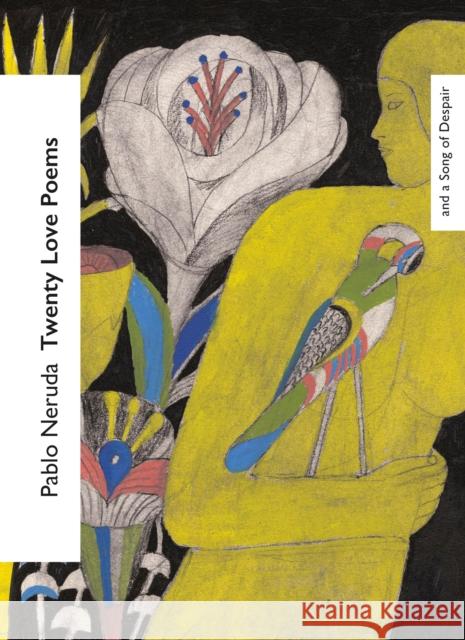Twenty Love Poems and a Song of Despair » książka
topmenu
Twenty Love Poems and a Song of Despair
ISBN-13: 9781784878207 / Angielski / Miękka / 2023 / 80 str.
Twenty Love Poems and a Song of Despair
ISBN-13: 9781784878207 / Angielski / Miękka / 2023 / 80 str.
cena 55,31
(netto: 52,68 VAT: 5%)
Najniższa cena z 30 dni: 55,19
(netto: 52,68 VAT: 5%)
Najniższa cena z 30 dni: 55,19
Termin realizacji zamówienia:
ok. 8-10 dni roboczych.
ok. 8-10 dni roboczych.
Darmowa dostawa!
Kategorie:
Wydawca:
Vintage Publishing
Język:
Angielski
ISBN-13:
9781784878207
Rok wydania:
2023
Ilość stron:
80
Waga:
0.20 kg
Oprawa:
Miękka











